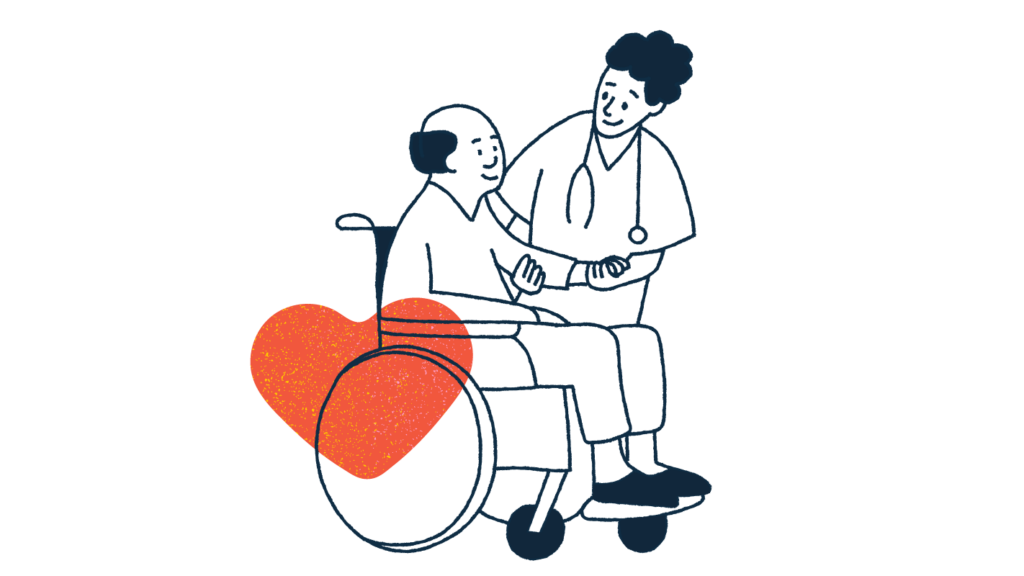The Sanctuary-- Allison: Dedicated Memory Care and Elderly Living
Individualized Memory Treatment Programs: Promoting Cognitive Interaction and Emotional Well-being
Personalized memory care programs have arised as an important element of giving alternative care for people encountering cognitive difficulties. By concentrating on cognitive engagement and emotional health, these programs aim to boost the high quality of life for those with memory impairments.
Benefits of Personalized Memory Treatment Programs
When tailored to specific requirements, customized memory treatment programs supply substantial advantages in improving cognitive working and emotional wellness. These programs are designed to supply customized support and treatments that satisfy the one-of-a-kind demands of each individual, taking into consideration elements such as their cognitive abilities, personal preferences, and past experiences. By customizing activities and therapies to match the details requirements of the locals, individualized memory treatment programs can help boost cognitive abilities such as memory retention, analytical abilities, and decision-making procedures.

Relevance of Cognitive Engagement
Cognitive involvement plays a pivotal function in maintaining mental acuity and general cognitive health and wellness in individuals with memory disabilities. Involving the brain through various tasks such as challenges, memory treatment, and sensory excitement can aid enhance cognitive capabilities and slow down cognitive decline.

Enhancing Emotional Well-being
Emotional health plays a basic role in the holistic care technique for individuals with memory disabilities. Enhancing psychological wellness in memory care programs is important for advertising a better top quality of life for residents. Individuals with memory impairments frequently experience an array of browse around here emotions, consisting of confusion, stress, and anxiousness. Resolving these feelings with customized care strategies can result in boosted sensations of comfort, safety, and total joy.
Executing approaches to improve psychological health involves producing a supportive and nurturing setting where people really feel comprehended and valued. This can consist of supplying chances for social communication, participating in purposeful tasks that bring joy, and offering emotional support via caring treatment methods - Senior Care Allison. Furthermore, fostering a sense of navigate here independence and freedom can improve self-esteem and self-confidence, favorably affecting psychological well-being

Tailored Strategy for Individuals
Individualized treatment plans tailored to the distinct requirements and choices of locals create the cornerstone of efficient memory treatment programs, making sure a tailored approach that fosters emotional well-being and cognitive interaction. By personalizing care plans to fit each individual's certain needs, memory treatment centers can provide targeted support that resolves the obstacles and strengths of residents with cognitive disabilities. This customized technique entails carrying out complete evaluations to comprehend the person's background, passions, cognitive abilities, and emotional triggers.
Through customized treatments such as memory treatment, music treatment, art treatment, and sensory excitement tasks, individuals can engage in purposeful experiences that resonate with their personal histories and choices. These tailored activities not just boost cognitive working but also promote psychological well-being by sparking positive memories and feelings. Additionally, customized treatment plans enable for flexibility and changes as the homeowner's requirements advance, ensuring that published here they get the suitable level of support at each stage of their memory care journey. In significance, a tailored strategy for individuals in memory treatment programs is essential for giving alternative and reliable care that advertises cognitive involvement and psychological health.
Supporting Cognitive Feature
Carrying out targeted cognitive improvement approaches is vital in memory treatment programs to support citizens in maintaining and enhancing their cognitive capabilities. These strategies involve customized tasks designed to promote different cognitive features, such as memory, interest, analytic, and language skills. By including tasks like puzzles, mind games, reminiscence therapy, and sensory stimulation workouts, memory treatment programs can aid citizens boost their cognitive function and delay cognitive decrease.
In addition, advertising cognitive feature in memory care programs consists of producing an environment that cultivates psychological stimulation and engagement. This can be attained through structured routines, clear communication techniques, and possibilities for discovering and social communication. Urging homeowners to take part in decision-making processes, setting achievable goals, and providing favorable support for cognitive achievements are also reliable methods in promoting cognitive function.
In addition, integrating technology-based cognitive training programs and individualized cognitive recovery plans can further enhance cognitive function in homeowners with memory impairments. By continuously assessing and readjusting these methods based on residents' progress and requires, memory treatment programs can successfully promote cognitive feature and overall wellness in people getting care.
Final Thought
In conclusion, personalized memory treatment programs provide many benefits for people with cognitive impairment. By focusing on cognitive engagement and emotional well-being, these tailored approaches advertise general cognitive function.